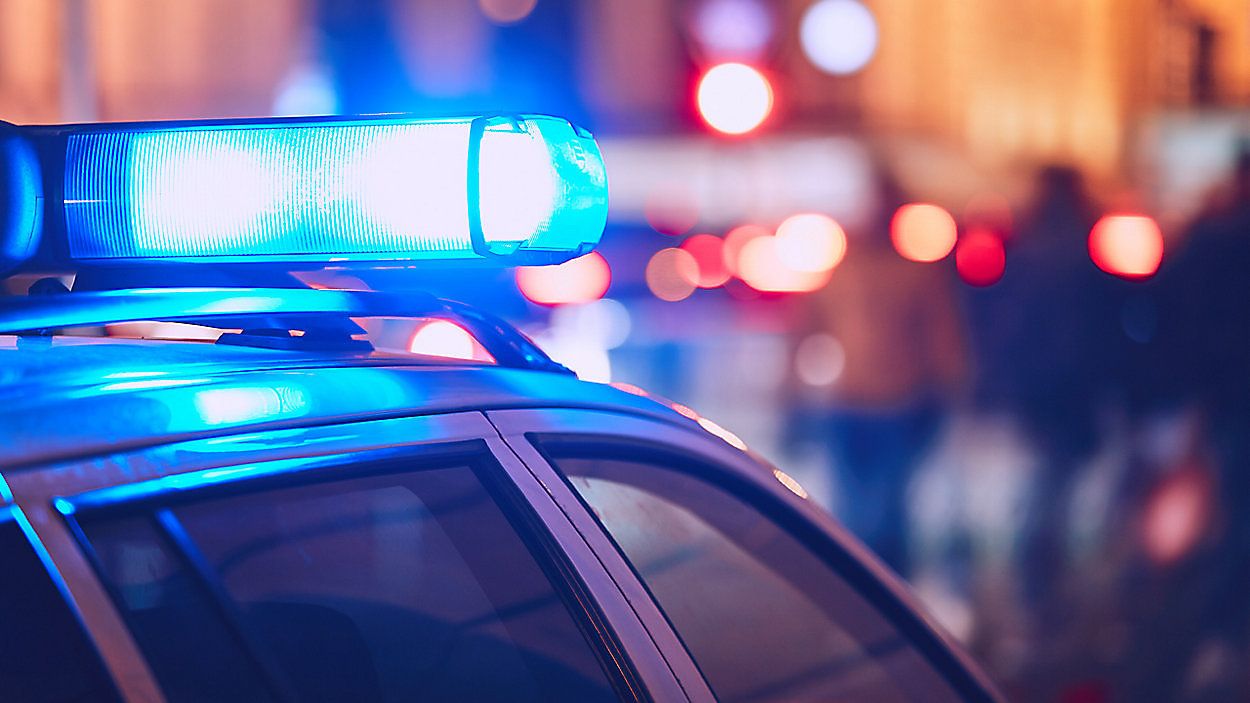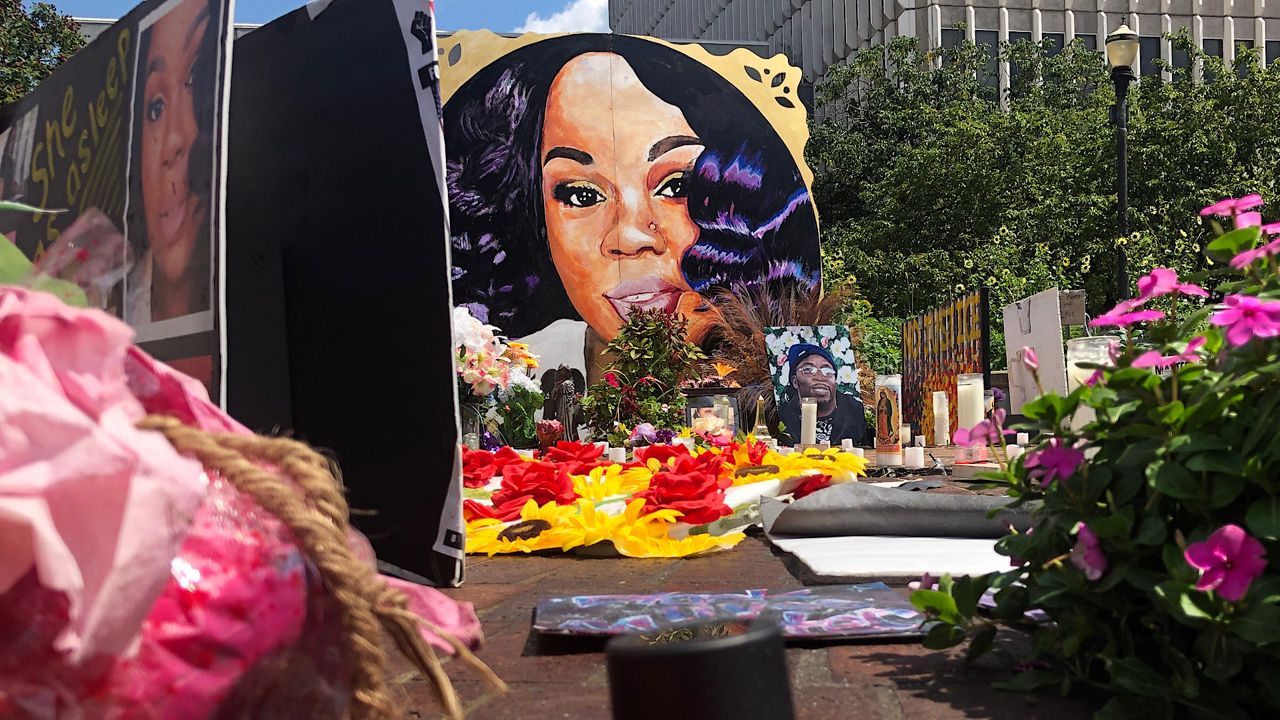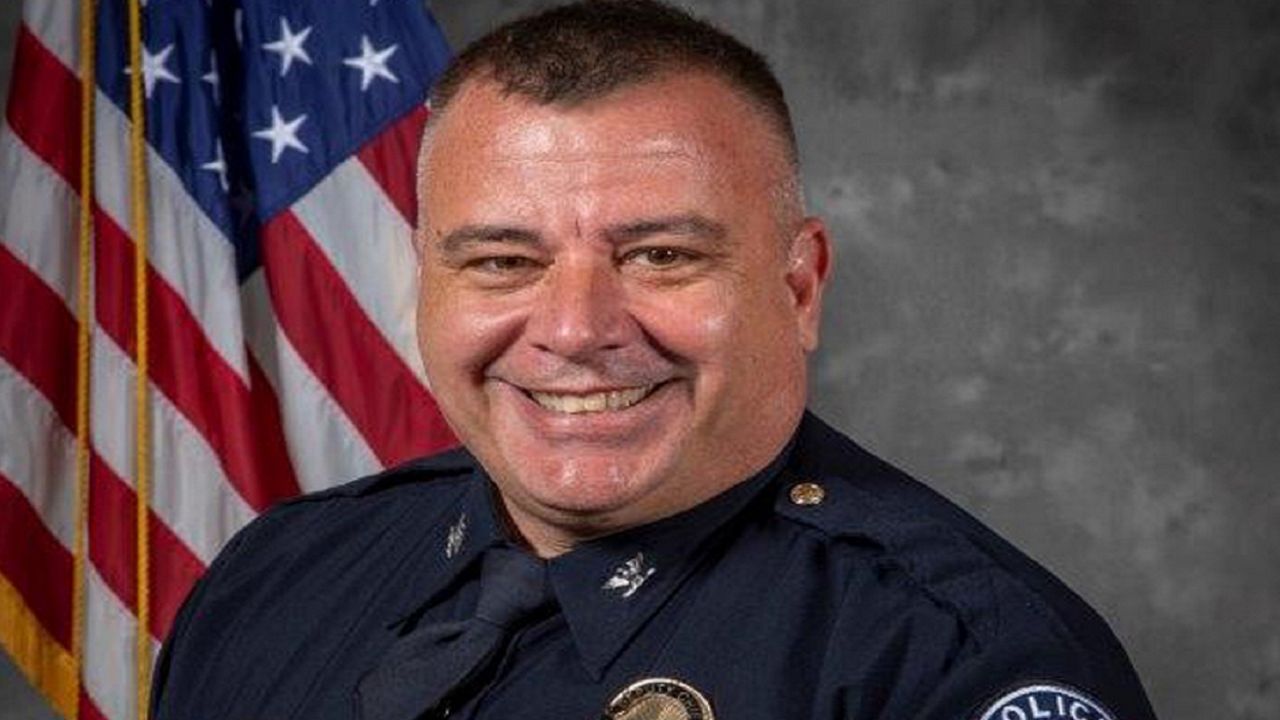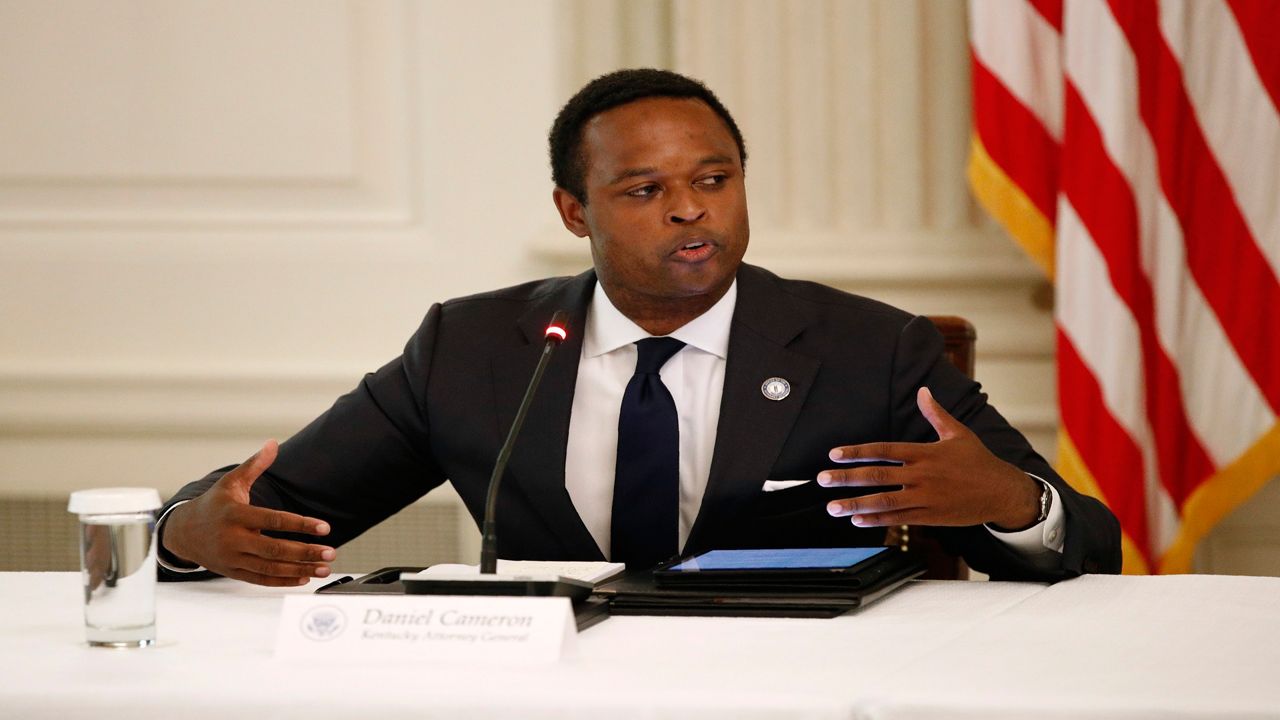LOUISVILLE, Ky. – Lawyers, activists, politicians, athletes, celebrities, and family members have been vocal about their thoughts in the Breonna Taylor case and subsequent grand jury decision. But what does at least one police officer think?
What You Need To Know
- Shooting that killed Breonna Taylor shrouded with controversy
- Longtime police officer says laws are on officers' side
- Anticipated Hankison would be indicted
- Admits not all police shootings are justified
Since the night of the shooting on March 13 when Taylor was shot and killed in an altercation that began when three officers from the Louisville Metro Police Department (LMPD) were serving a search warrant at the 26-year-old EMT’s apartment, multiple protests and other demonstrations have taken place nationwide calling for Kentucky Attorney General Daniel Cameron to arrest the officers and charge them with murder.
Taylor’s boyfriend, Kenneth Walker, admitted to firing his gun when the police busted through the door of the apartment. Walker said he did not know the individuals entering his apartment were law enforcement officers.
Cameron left that decision in the hands of a grand jury, which returned three first-degree wanton endangerment charges against then-LMPD Det. Brett Hankison for bullets that entered a neighboring apartment. Hankison was later fired. The other two officers, Sgt. Jonathan Mattingly, who was shot at the scene allegedly by Walker, and Det. Myles Cosgrove were not charged. Hankison pleaded not guilty at his arraignment.
Rick McCubbin has a career in law enforcement spanning three decades. He was a Lousiville police officer for 15 years (1987-2002) and was a federal marshal until 2011.
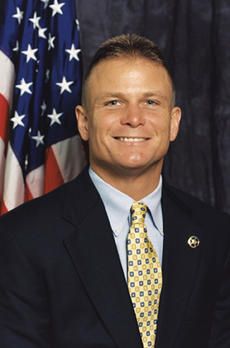
He was chief of the Bardstown Police Department for six years, is the current chief of the Shepherdsville Police Department, and was a three-term president of what was then the Louisville Fraternal Order of Police Lodge No. 6. He said people that do not deal with the legal system on a daily basis may have a lack of understanding about the entire process of a grand jury, a jury trial, or the laws in general.
“I think most police officers, and it's not even so much just with this ruling, but anytime anything happens, people jump the gun,” he said. “People don't understand the law, and ignorance of the law is really the most frustrating thing because people get this mindset that there must have been a cover-up or whatever the case, but when the law is applied, that's the outcome. I've read (Twitter and Facebook) posts where people are asking why more police don't go to jail when they fatally shoot someone, and that’s because usually they were justified. People should know the law before they speak about it.”
McCubbin said police officers shooting someone while on duty is “not automatically murder” and, most of the time, they do so in the act of protecting themselves or someone else.
“If someone's attacking you, in a manner that I think that's going to result in death, I'm justified in shooting that person, even though they're not attacking me,” he said. “Things like that people just don’t understand, and I get that they don’t understand the law. For many people, the most they've ever had to deal with officers and the court system is for a speeding ticket or something like that and they have never encountered law enforcement, yet know how to do it better and know more than any of us. That’s the frustrating thing.”
Oftentimes, McCubbin said, emotions get in the way of understanding the laws and he urged people to set their personal feelings aside when trying to determine if a police shooting was justified.
“Just because it looks ugly and horrible doesn't mean it's wrong or illegal,” he said. “An officer is justified 99 percent of the time, that's why people don't understand why cops don’t go to jail.”
There is also the other 1 percent, McCubbin said. He referred to the shooting of Walter Scott in North Charleston, South Carolina, when white police officer Michael Slager shot Scott, a Black man, in the back while he was fleeing. Slager was charged with murder after a video of the shooting surfaced that contradicted his account of the incident.
“That cop went to jail and he should have,” McCubbin said. “Cops don’t always just skate, but when people see only 1 percent of cops involved in shootings get in trouble, it’s because they followed the law and they were justified. In the situation that happened with Breonna Taylor, obviously, how horrible can it get? It can’t get any more horrible than a shooting situation and the wrong person gets hit.”
Neither the grand jury’s decision to indict Hankison only nor the civil suit filed by and settled with Taylor’s family surprised McCubbin. He said the results in both cases are exactly what he anticipated
“In the beginning, we knew there was going to be a huge civil case; that is common and I was not shocked by that ruling,” he said. “If you talk to people who know me they will tell you I thought only one of them would be charged. I believed that because the first box officers have to check off is, ‘Did we have the legal right to be where we were?’ Yes, they did. They had a warrant, so they had the legal right to be there.”
The River City Fraternal Order of Police No. 614, an organization for police officers and managed by police officers actively engaged in law enforcement in metro Louisville, issued a statement after the grand jury decision saying the fact-based evidence presented was what led it to determine the officers were justified in using lethal force to protect themselves after Sgt. Mattingly was shot at the scene.
“Tragically, Ms. Taylor was killed when these officers were forced to protect themselves from Mr. Walker,” according to the statement. “It is extremely important that state law allows law enforcement officers to protect themselves from these types of attacks while they protect and serve our citizenry every day.”





